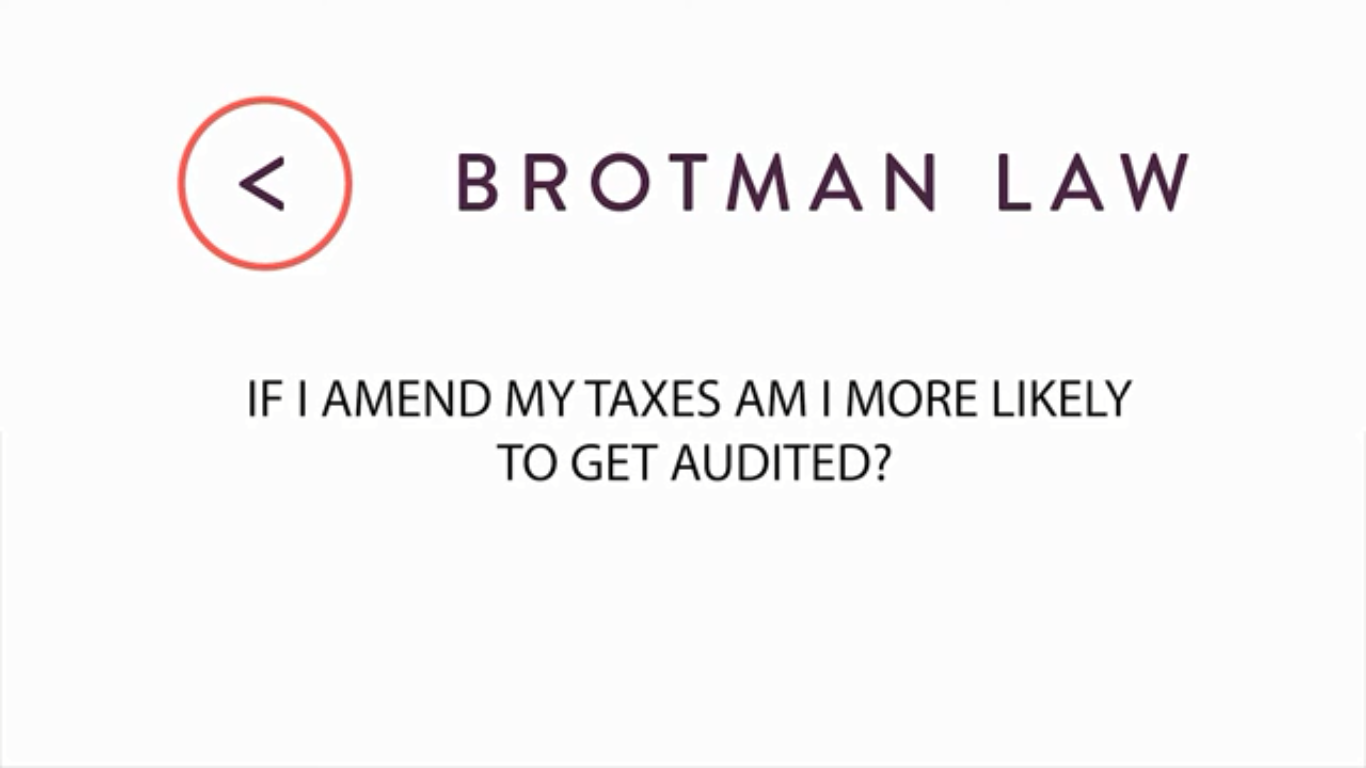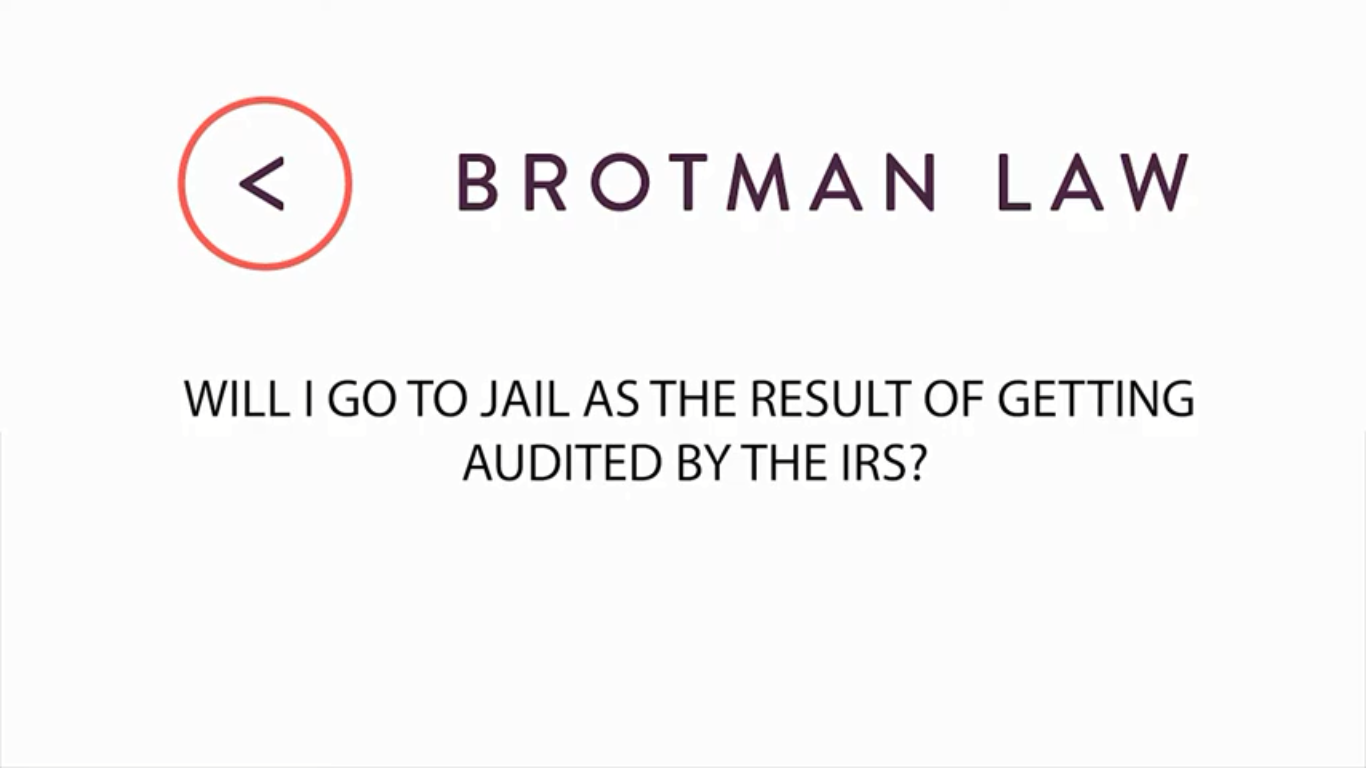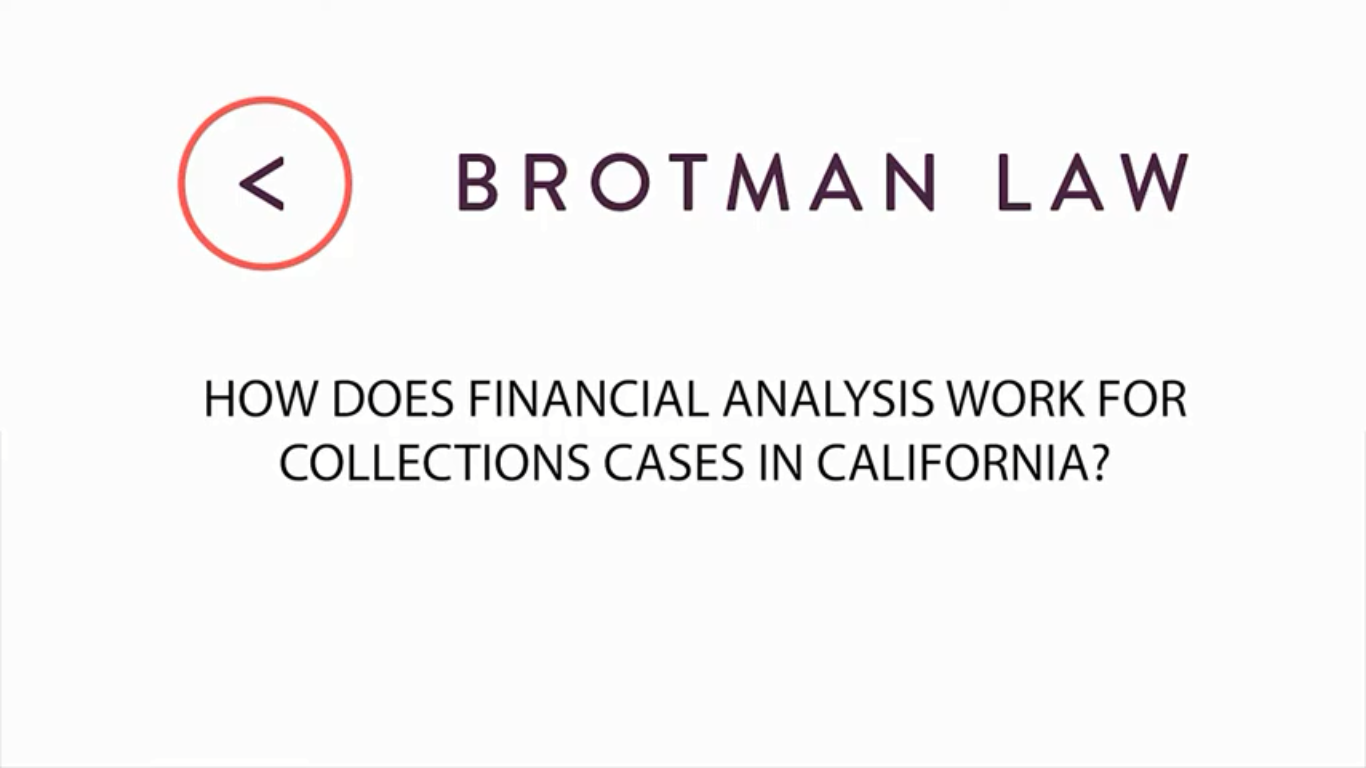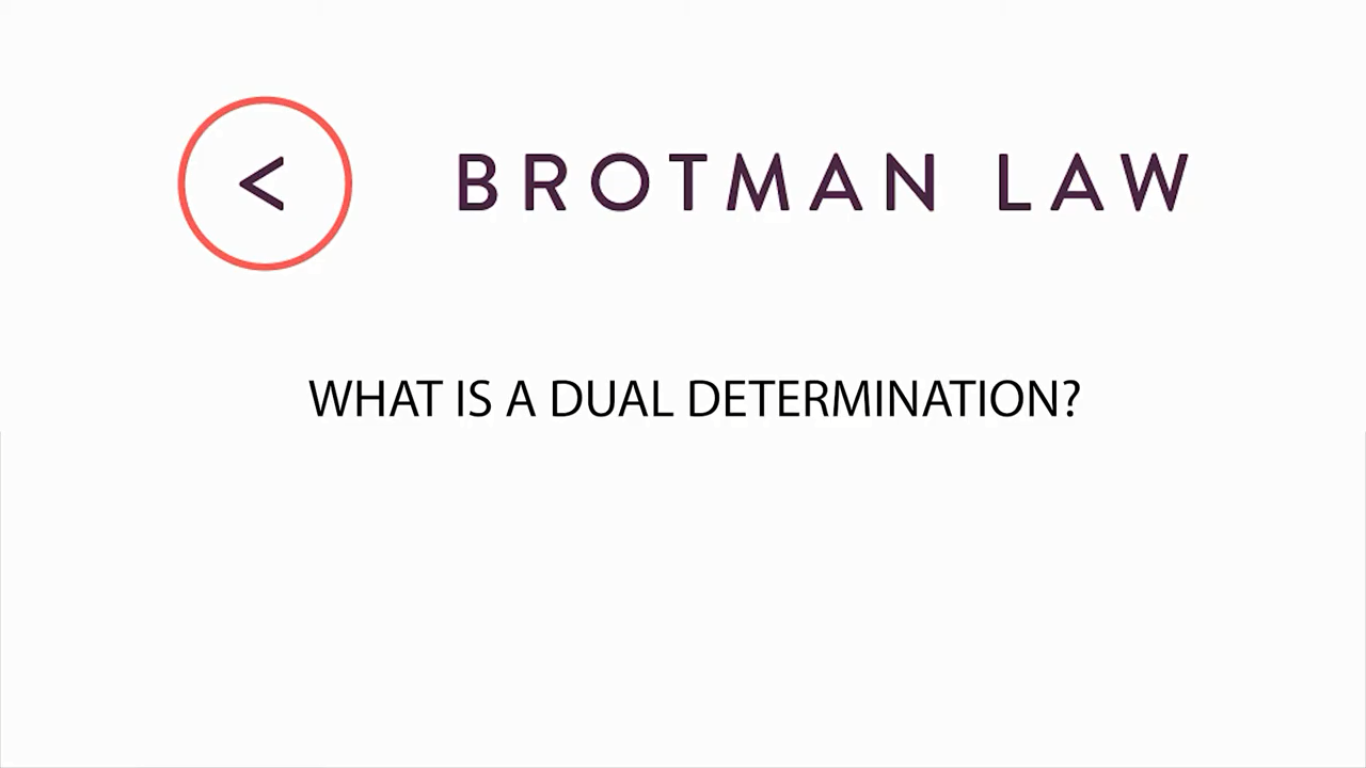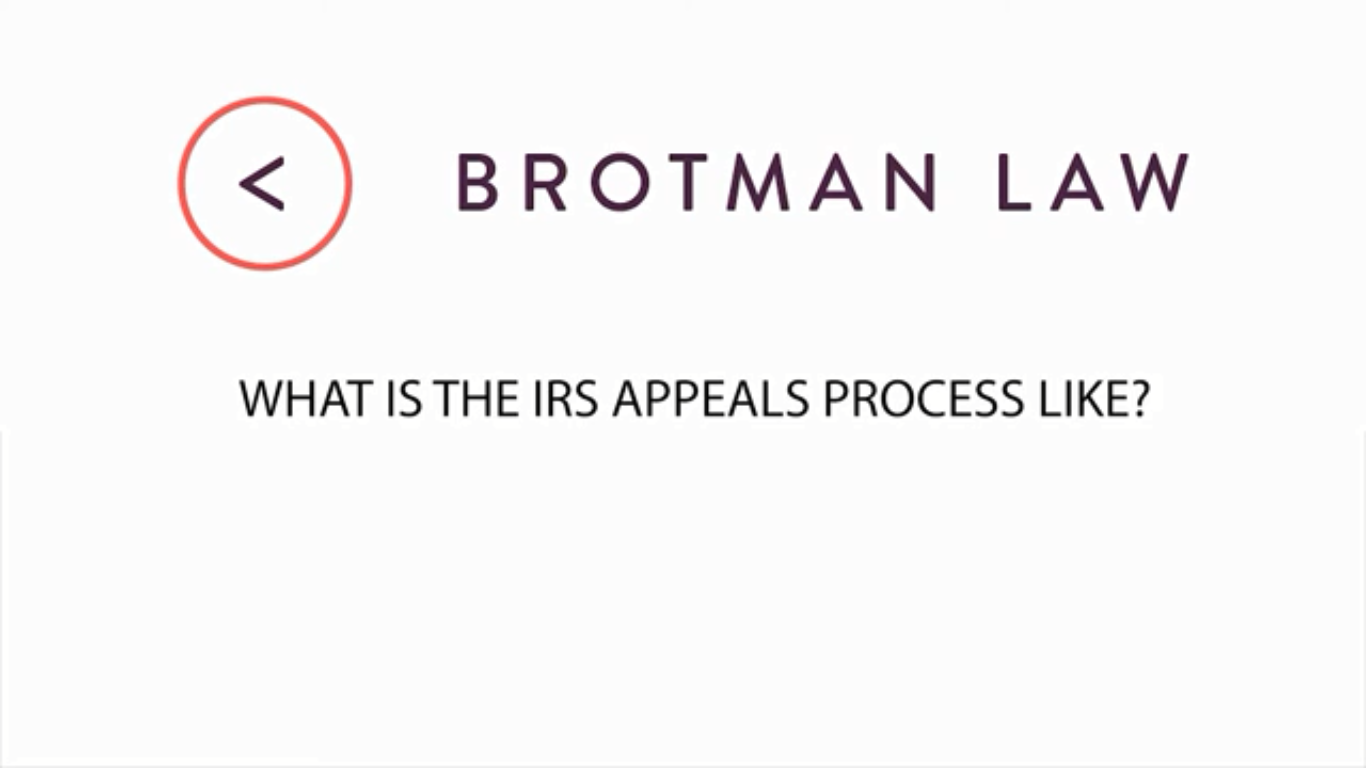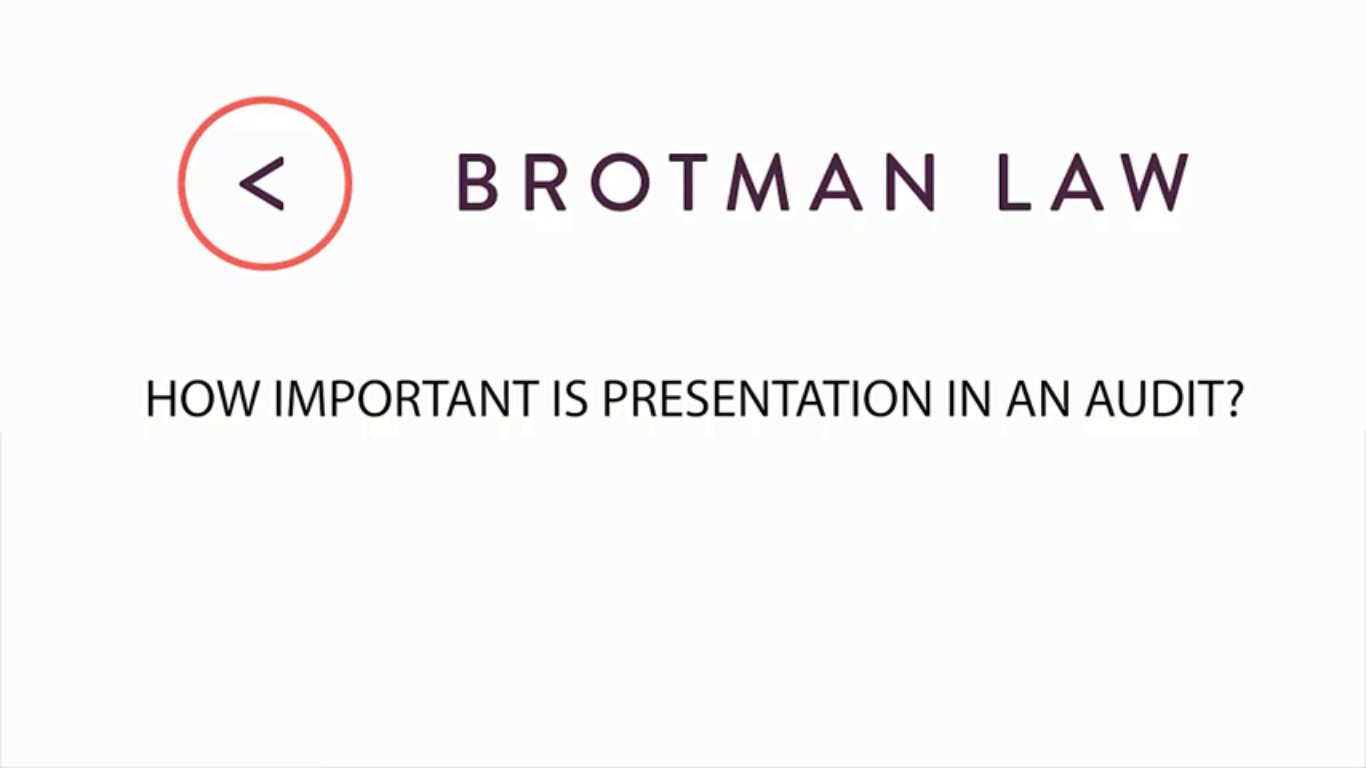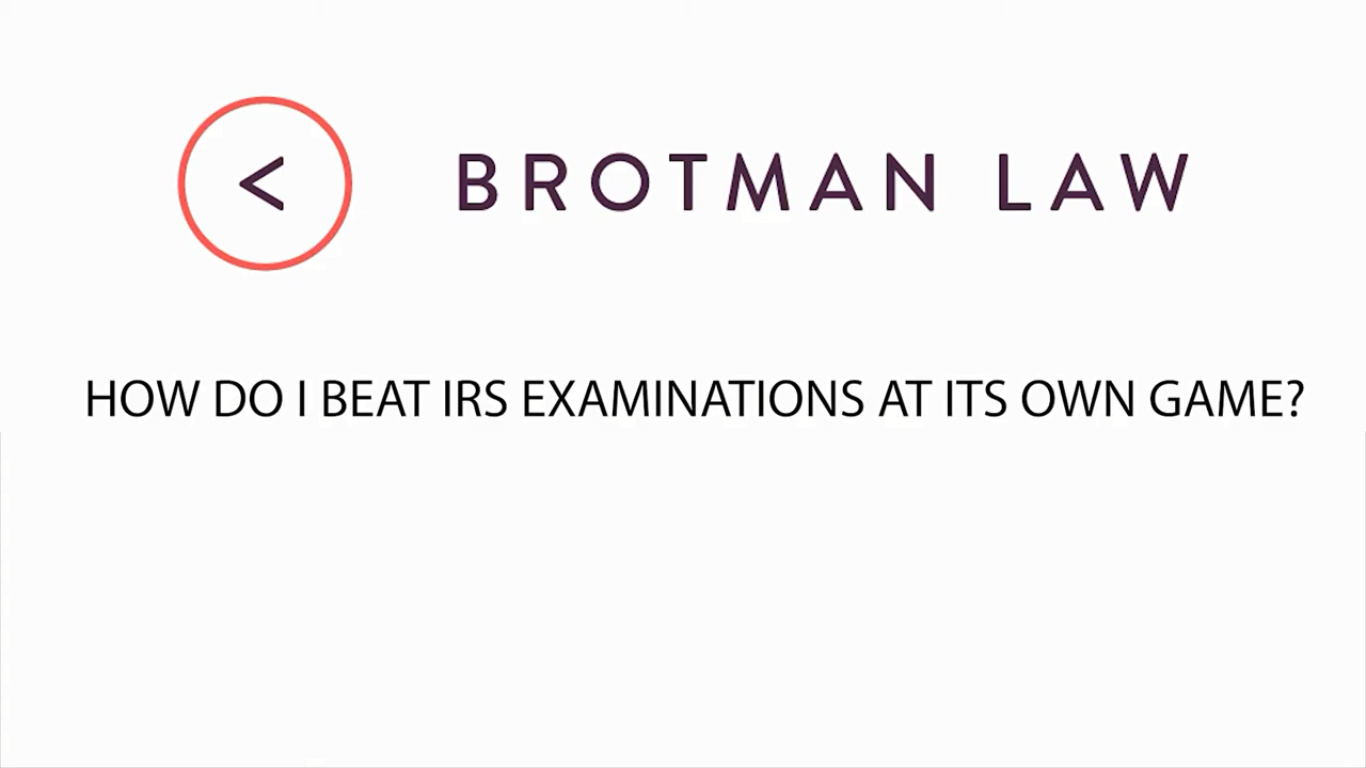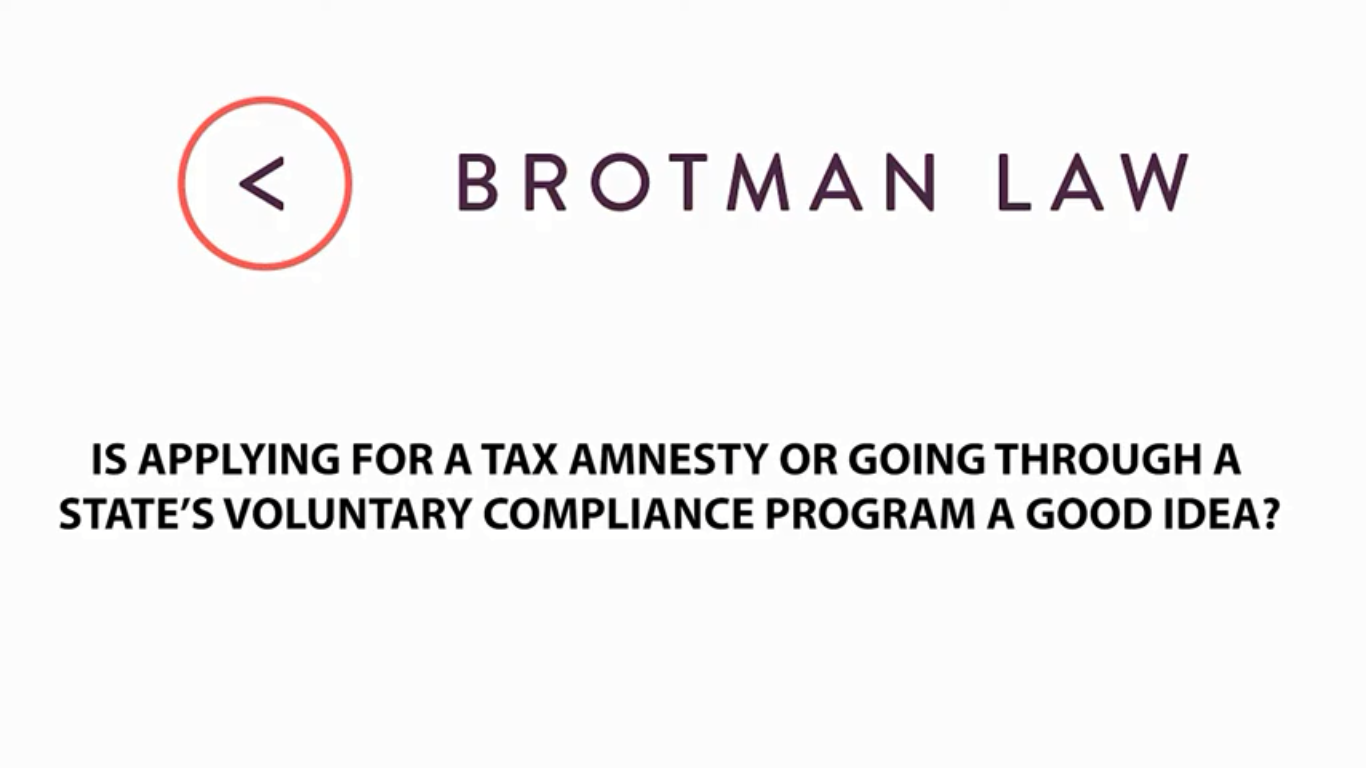If you make a mistake on your tax return, the government isn’t going to put you in jail, but if you make a big mistake on your tax return and it was accompanied by the willful knowledge that you intended to make that mistake, the situation is different. For instance, if you said I’m just not going to report any income or I’m going to try and conceal income so I don’t have to pay taxes ie. I’m going to evade taxes or if you deliberately file a tax return that’s false or engage in any of the tax penalties, yes you can go to jail for that. The auditor is not going to be the one that puts you in jail but what happens is with civil audits, which are a great referral source for the criminal division of the IRS, a lot of times what will happen is the government will engage them and they call it a parallel investigation. They’ll have a civil auditor who’s conducting a civil audit, the auditor will find something, and they will report it to the criminal division.
If I Amend My Taxes Am I More Likely to Get Audited?
Brotman Law has explained all the informations if you will get audited if you amend your tax.
